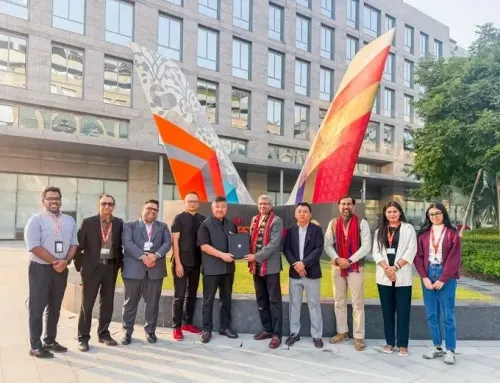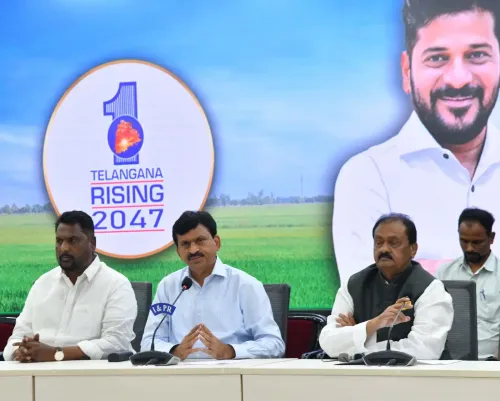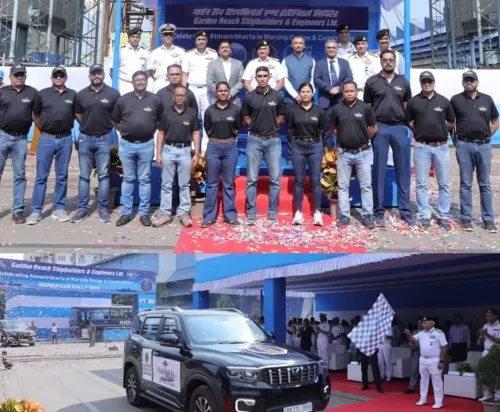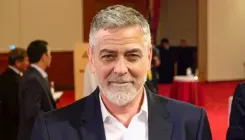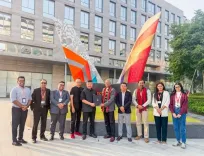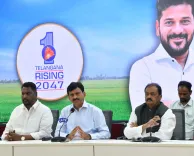International Delegates at Bharat Summit Denounce Pahalgam Terror Attack
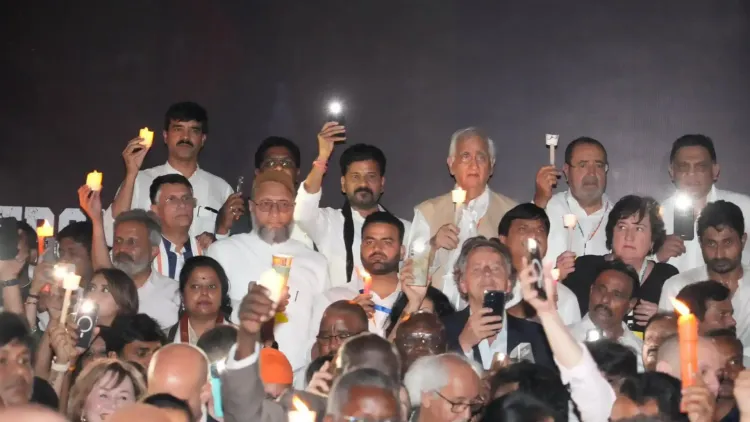
Synopsis
Key Takeaways
- Delegates from 100 nations condemned the Pahalgam terror attack.
- The summit emphasized global justice and social equity.
- Importance of digital literacy to combat misinformation.
- Promotion of Telangana as an investment destination.
- Solidarity with India in the face of terrorism.
Hyderabad, April 25 (NationPress) Delegates from 100 nations present at the Bharat Summit in Hyderabad have condemned the recent terrorist act in Pahalgam, located in Jammu and Kashmir.
On Friday evening, the delegates joined a candlelight vigil led by Telangana Chief Minister A. Revanth Reddy to express their outrage over the attack.
In a statement released on behalf of the delegates, it was expressed, “As representatives from progressive parties across 100 countries, we are deeply saddened by the horrific terror attack in Pahalgam on April 22, 2025, which resulted in the death of 26 innocent civilians and left many others wounded.”
“We stand in solidarity with the people of India and categorically condemn the attack in the strongest possible terms. Such acts of violence against peaceful individuals have no place in our society and are a direct affront to the constitutional values of unity, peace, and harmony,” the statement continued.
The two-day summit, organized by the Telangana government, commenced on Friday and featured various sessions under the theme ‘Delivering Global Justice’.
This dialogue assembled international political leaders, policymakers, and advocates dedicated to promoting gender equality, social justice, and inclusive governance.
Senior Congress leader and former Union Minister Salman Khurshid remarked at a press conference that the objective of the Bharat Summit is to enhance the global profile of Telangana, subsequently elevating India’s international standing. He emphasized that data and analysis are vital to realize the vision of social justice, highlighting the significant support from like-minded nations. “What we have here is a progressive alliance,” he stated.
Mallu Bhatti Vikramarka, the Deputy Chief Minister of Telangana, mentioned that discussions emphasized youth empowerment, social justice, and Telangana's advancements. “This summit also aims to position Telangana as an investment hub. The welfare initiatives of the Telangana government have been extensively discussed,” he noted.
Sessions covered various topics, including gender justice and a feminist future; facts vs fiction: countering disinformation; youth engagement in politics; and the development of new multilateralism.
Speakers in the session addressing ‘facts vs fiction: countering disinformation’ voiced concerns that misinformation poses a threat to democracy. They advocated for digital literacy and robust cyber laws to combat false information.
Senior Congress leader Digvijaya Singh discussed the decline of democratic values due to unchecked disinformation. “The timing of the Bharat Summit is significant. Today, tech companies shape global narratives and infringe upon citizens' rights. I have personally encountered deepfakes and fake news; words I never uttered were falsely attributed to me. Hatred can be amplified at the click of a button,” he explained.
The session also featured insights from Thanisara Ruangdej, CEO and Co-founder of Punch Up and WeVis, Thailand; Miapetra Kumpula-Natri, former Member of the European Parliament; Matthew William Faulding, Labour Party representative from the UK; Ramkarpal Singh, Member of the House of Representatives from Malaysia; Dr Mallu Ravi, Member of Parliament; and Luis Blandon.
Thanisara Ruangdej pointed out the overwhelming amount of information in the digital age and the intentional manipulation of fake content by political and geopolitical entities. She stressed the need for data analysis and fact-checking to counteract such misinformation.
Miapetra Kumpula-Natri highlighted that “what is illegal offline must also be illegal online,” outlining the EU’s policies on digital literacy, media regulation, and public education. She encouraged young individuals to critically evaluate their sources of information.

